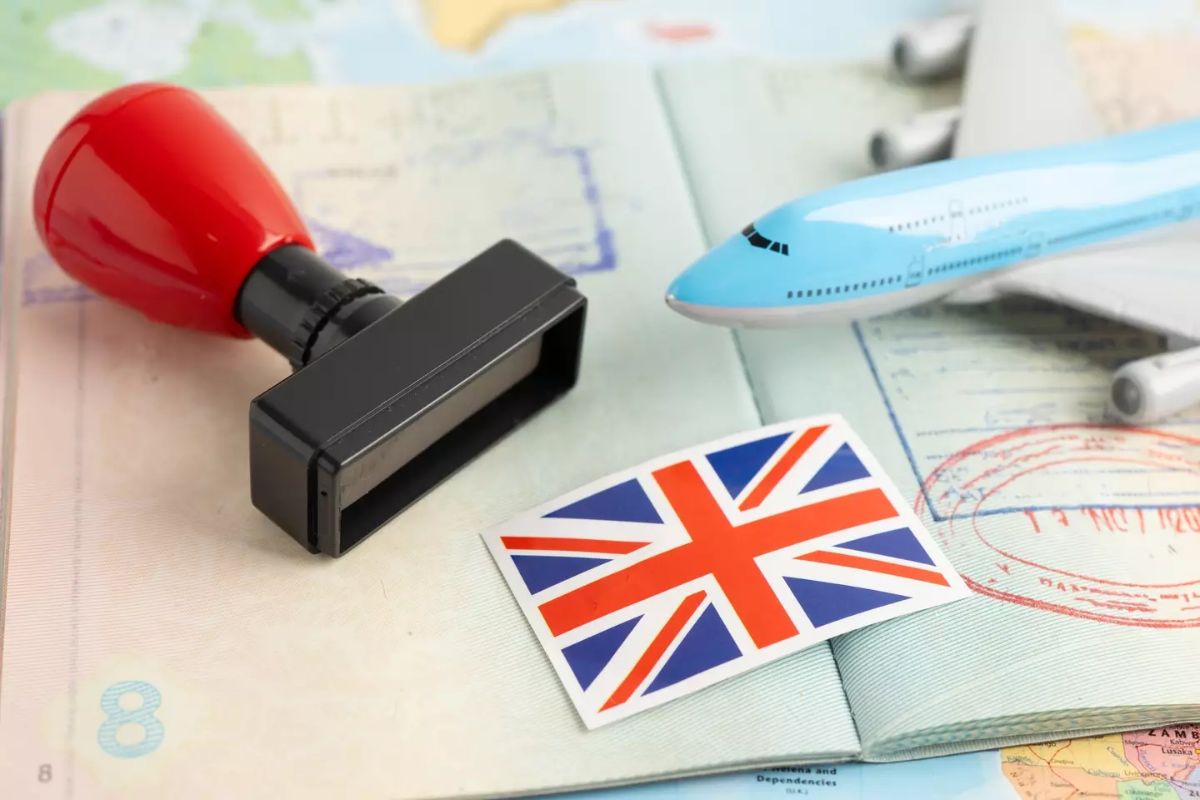The United Kingdom has announced plans to roll out a mandatory digital ID system for anyone seeking work, marking one of the country’s biggest shifts in identity verification since World War II.
Prime Minister Keir Starmer confirmed the move at the Global Progress Action Summit in London, calling it essential for restoring control over the country’s borders.
What Exactly Is Digital ID?
A digital ID is an official, government-issued electronic identity record that confirms a person’s legal right to live and work in the UK. Unlike traditional ID cards, the digital ID will not require physical documents to be carried everywhere. Instead, it functions as a secure, centralised identity check, accessible by employers and public service providers.
According to the government, the system will be designed to work even without smartphones and will be free of charge.
Who Will Need It?
- British Citizens: Required for anyone applying for a job in the UK.
- Permanent Residents: Must show proof of their digital ID before taking employment.
- Foreign Workers: Already subject to visa and immigration checks, they will also need a digital ID linked to their work permits.
PM Keir Starmer was clear: “If you don’t have it, you can’t work here.” The system is expected to be in place before the next election, scheduled no later than 2029.
Our immigration system needs to be fair.
That’s why we are introducing digital ID — if you don’t have it, you can’t work here. pic.twitter.com/T8fsKGVROU
— Keir Starmer (@Keir_Starmer) September 26, 2025
Why the UK Is Doing This
The government argues that the digital ID will:
- Prevent people without legal status from entering the underground job market.
- Reduce illegal migration by removing the lure of easy, undocumented work.
- Streamline access to services such as healthcare, childcare, and welfare for those who qualify.
PM Starmer described the move as a long-overdue step: “For too many years it’s been too easy for people to come here, slip into the shadow economy, and remain here illegally.”
Impact on Foreign Workers
For foreign nationals, especially those on work permits, the introduction of digital ID adds another layer to the employment process. While the government insists it will simplify checks by consolidating records into one system, migrant rights groups warn it could create delays or technical hurdles.
- Positive side: Faster verification, less paperwork, fewer duplicate checks.
- Concerns: Potential exclusion if the system glitches, risk of profiling, and added pressure for undocumented workers already vulnerable to exploitation.
Employers, particularly in industries that rely heavily on foreign workers, such as hospitality, agriculture, and healthcare, are waiting for clarity on how the rollout will affect hiring timelines.
The Bigger Picture
The digital ID is part of Labour’s broader immigration strategy, which includes cracking down on people-smuggling gangs and reducing small boat crossings in the English Channel. More than 37,000 people crossed in 2024, with over 30,000 already arriving this year.
Starmer framed the new system as both a practical solution and a political shield against rising far-right rhetoric. “We do need to know who is in our country,” he said, adding that fairness in the immigration system is key to restoring public trust.
What Happens Next
The government will hold a public consultation before finalising the details. For now, the timeline points to a national rollout before the 2029 election, giving Britain its first compulsory identity system in nearly 80 years.
Whether the digital ID becomes a smooth gateway to jobs and services or a flashpoint in the immigration debate will depend on how it is built and how the public responds.
Follow and connect with us on Facebook, Twitter, LinkedIn, Instagram and Google News for the latest travel news and updates!
